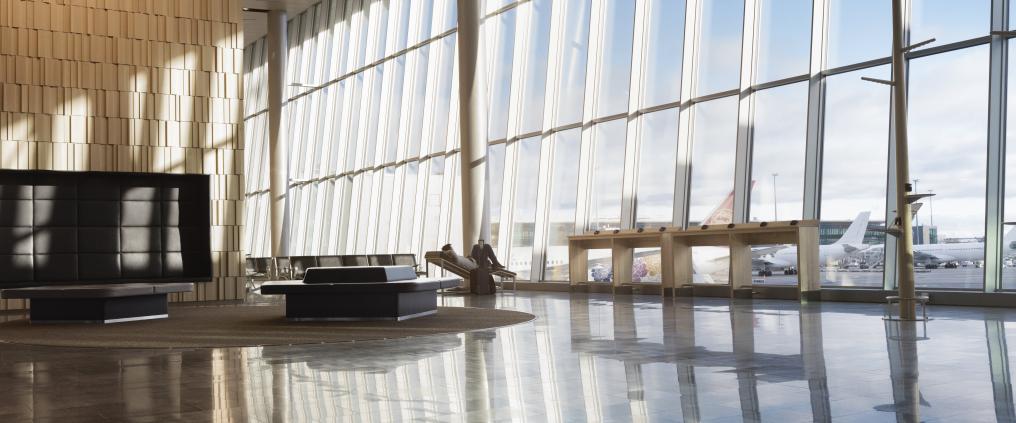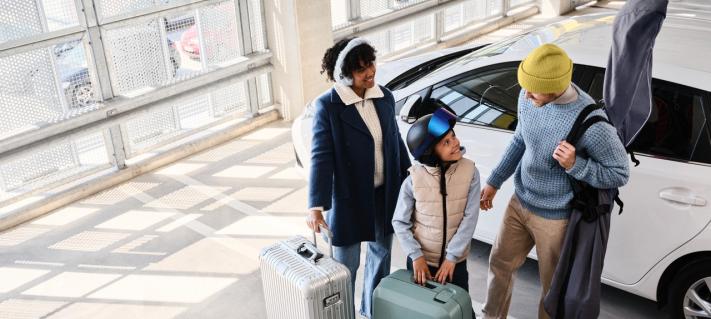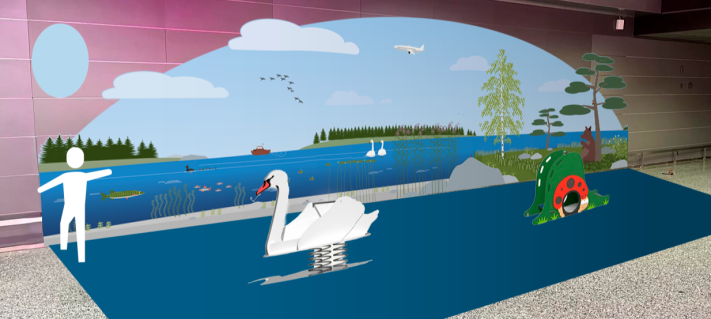The coronavirus pandemic has resulted in cancelled flights, travel restrictions and closed borders around the world. The pandemic caused a dramatic decrease or temporary stagnation in flight traffic.
“The situation is unprecedented since the effects of this public health emergency have been felt globally and the shock to the flight industry has been more extensive than ever before. The last crisis that seriously affected air travel involved the Icelandic volcano ash cloud that mostly affected European and North Atlantic airspace in 2010. Before that, from 2002–2003 the SARS outbreak brought air travel, mostly in Asia, to a standstill,” says Kimmo Mäki, Finavia CEO.
Since these previous crises, the world has changed significantly, and global air travel has gained greater importance. “Air travel has increased during the last decade, especially in Asia and China,” Mäki explains.
Passenger safety is of utmost importance
“The coronavirus is not the first pandemic to move from one country to another via air travel. Viruses do not recognise borders between countries and when people travel, they take pathogens along with them,” says Pekka Nuorti, Professor of Epidemiology at Tampere University.
The first cases of Covid-19 in Finland have all been related to international air travel.
“The situation reflects the society we live in – people travel a lot globally. People’s quick mobility is a simple reality.”
“During this crisis airports and airlines have issued specific instructions regarding hygiene, safety and air filtration,” Nuorti says.
“It is clear, from seeing the strict guidelines, that the air travel industry has done everything to ensure the safety of employees and passengers. In my opinion, airlines have acted responsibly by offering passengers the possibility to cancel or move flights that have already been booked. We are in this difficult situation together; figuratively speaking, we are in the same plane,” he continues.
“According to recent models, travel restrictions managed to help slow down the spread of the disease during the early stages of the epidemic,” Nuorti explains.
“Based on the analysis it appears that restrictions on mobility in China have bought extra time for other countries. It has been estimated that cases of the disease spreading from China to other places in the world decreased by 80 per cent, which is a result of travel restrictions., which is a result of travel restrictions. Of course, at the same time, other preventive measures such as proper hand hygiene and social distancing need to be taken into action,” he notes.
The air travel industry may accelerate the recovery of the society
The coronavirus pandemic is drastically changing how societies around the world function. Therefore, at the moment it is difficult to predict when international business and leisure travel might return to normal.
“During the Iceland ash cloud incident, the rest of society wasn’t affected as much, so travel and air traffic returned to normal levels quite quickly. The effects of SARS were visible in air travel for around six months. Back then the amount of travel from China was considerably less compared to the recent situation and so the spread of the disease was relatively limited compared to how it is now,” says Mäki.
As Finavia’s strategy and its base of operations are strong, Mäki believes that the company will endure the crisis. “The air travel industry has considerable experience in leading through crises and possesses the ability to adjust and bounce back. From a different perspective, the crisis has taken a toll on an industry that plays an important role in economic growth and the well-being of people. It is important to maintain the operational precondition to ensure society’s recovery by also taking care of the industry that acts as its accelerator.“
The importance of flying will be highlighted when the world returns to normal after the crisis.
“People’s basic need to travel and transport goods will be preserved in the future. The air travel industry has a responsibility to enable business operations to get back to pre-pandemic levels of activity. Air travel will help to make sure that the break caused by the coronavirus will not leave a permanent mark on how society runs. Air travel is also key to plotting a route back to normality in terms of people’s mobility, the movement of goods and economic operating conditions. Not only are we ready to make Finavia’s recovery as quick and effective as possible – we also consider this an opportunity to work even closer with the international community and our stakeholders to improve what we already have,” Kimmo Mäki concludes.
How is the coronavirus affecting air travel and Finavia’s airports?
Finavia’s measures to reduce the spread of the coronavirus epidemic



